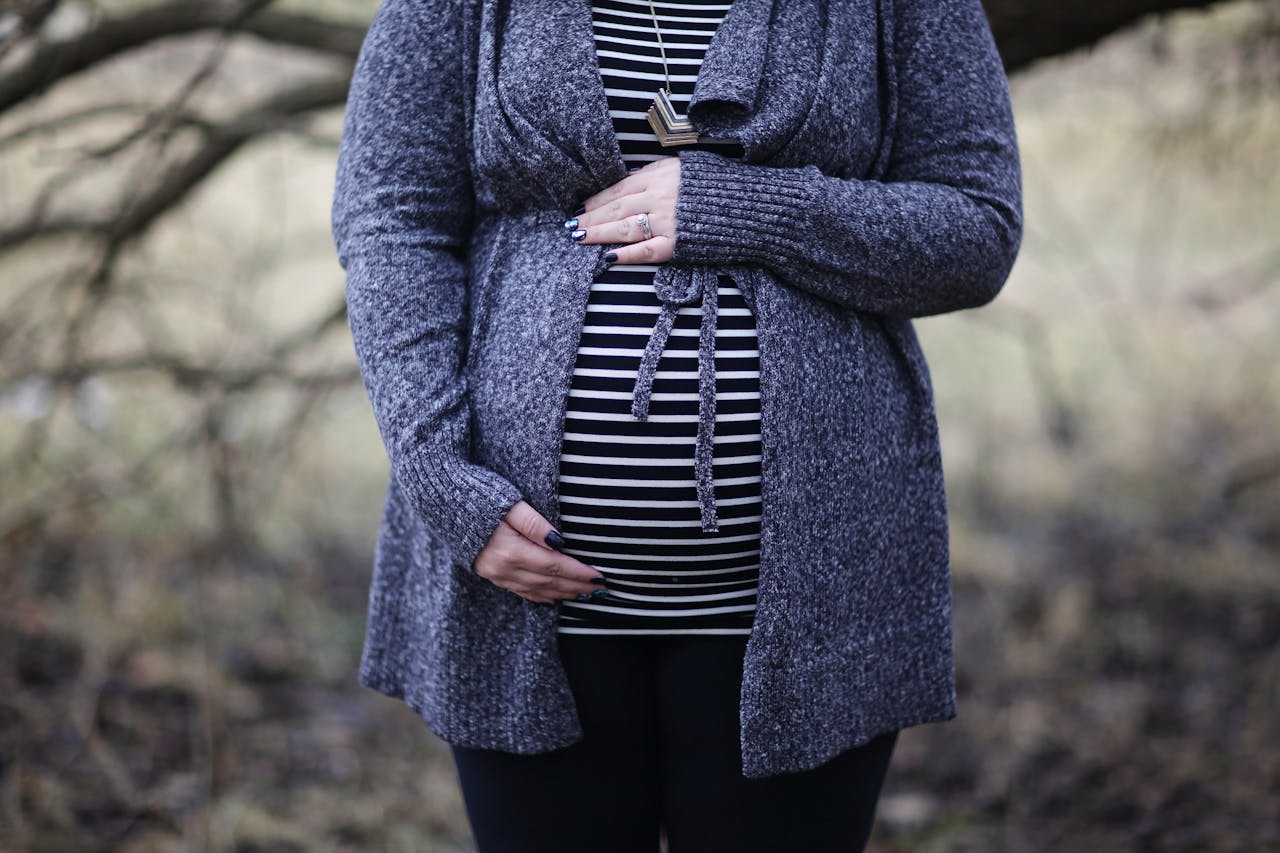Mental Health
How Pregnancy Stress Shapes Kids' Minds Differently

(Photo : Leah Newhouse / Pexels)
Recent findings presented at the 26th European Congress of Endocrinology in Stockholm spotlight the nuanced influence of pregnancy stress hormones, notably cortisol, on the cognitive development of children, with notable variations based on gender.
The study, delving into the impact of cortisol and its derivative cortisone, unveils significant gender disparities in how these hormones shape children's intellectual trajectories by the age of seven.
During pregnancy, cortisol, a stress hormone and steroid essential for stress management, undergoes natural elevation, pivotal for fetal development. Intriguingly, women carrying female fetuses typically exhibit higher cortisol levels compared to those carrying male fetuses.
The placenta acts as a crucial regulator, employing the enzyme 11β-hydroxysteroid-dehydrogenase type 2 (11β-HSD2) to convert cortisol into its inactive form, cortisone, thereby mitigating the fetal impact of stress hormones.
Analyzing data from the Odense Child Cohort comprising 943 pregnant women and their offspring, researchers from Odense University Hospital in Denmark scrutinized cortisol and cortisone levels in the third trimester, correlating these with children's IQ scores at age seven.
Their findings indicate that boys exposed to heightened maternal cortisol levels exhibit lower IQ scores, whereas girls manifest improved scores with increased maternal urine cortisone levels.
Lead researcher Dr. Anja Fenger Dreyer noted the study's pioneering nature, emphasizing its separate analyses for boys and girls and comprehensive consideration of urine and blood samples.
"To our knowledge, this is the first study investigating the association between urine cortisone levels during pregnancy and IQ scores in children," Dreyer explained, according to Earth.com.
Dr. Dreyer highlighted the shielding role of placental 11β-HSD2 activity saying, "Our results show that girls may be more protected by the activity of placental 11β-HSD2, whereas boys may be more vulnerable to prenatal exposure of maternal physiological cortisol."
Furthermore, the study delved into the differential impacts of prenatal cortisol exposure on cognitive versus language development.
Dreyer said, "Although our previous study showed prenatal cortisol exposure was positively associated with language development, in this study prenatal cortisol exposure - directly by serum cortisol and indirectly by urine cortisone - is negatively associated with IQ scores."
"The vocabulary in toddlers was reported by parents in our previous study, while child IQ in this study was assessed by trained psychologists."
These revelations prompt critical discussions on how prenatal stress hormones uniquely affect male and female fetuses, hinting at gender-specific protective mechanisms within the placenta.








Join the Conversation